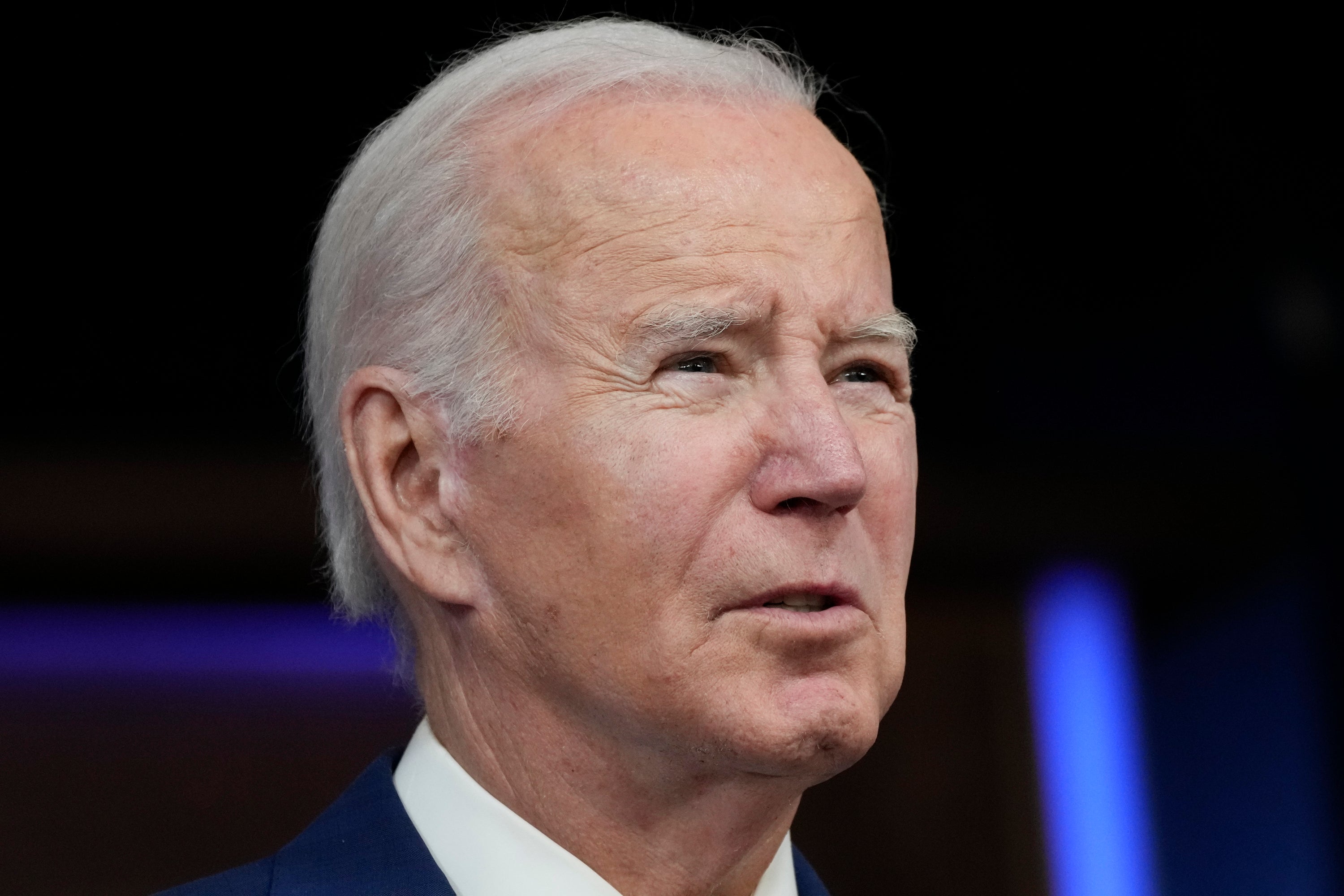White House wants more than $23 billion from Congress to respond to natural disasters
The White House is asking lawmakers for more than $23 billion in emergency funding to help the government respond to the natural disasters that have ripped through the U.S. this year

Your support helps us to tell the story
From reproductive rights to climate change to Big Tech, The Independent is on the ground when the story is developing. Whether it's investigating the financials of Elon Musk's pro-Trump PAC or producing our latest documentary, 'The A Word', which shines a light on the American women fighting for reproductive rights, we know how important it is to parse out the facts from the messaging.
At such a critical moment in US history, we need reporters on the ground. Your donation allows us to keep sending journalists to speak to both sides of the story.
The Independent is trusted by Americans across the entire political spectrum. And unlike many other quality news outlets, we choose not to lock Americans out of our reporting and analysis with paywalls. We believe quality journalism should be available to everyone, paid for by those who can afford it.
Your support makes all the difference.The White House is asking lawmakers for more than $23 billion in emergency funding to help the government respond to the tornadoes, wildfires, hurricanes and other natural disasters that have ripped through the U.S. this year.
That request is part of a broader package being sent to Capitol Hill Wednesday that asks for additional investments in child care programs and broadband expansion. And that’s on top of the separate, nearly $106 billion request the Biden administration made last week for aid to Ukraine and Israel, as well as other national security priorities.
The White House says the request for additional disaster relief – parsed out among the Federal Emergency Management Agency and other federal agencies that cover housing, transportation and agriculture needs – is based on estimates from communities that have been hit by disasters this year, such as the August wildfires in Hawaii, hurricanes in Florida and flooding in California and Vermont, among other extreme weather events.
President Joe Biden has repeatedly traveled to disaster-ravaged zones this year to comfort victims and to pledge that the federal government would not only help with recovery efforts but in rebuilding communities.
"As I told your governor: If there is anything your state needs, I’m ready to mobilize that support — anything they need related to these storms,” Biden said as he visited Live Oak, Fla., in September, where Hurricane Idalia tore through the community. “Your nation has your back, and we’ll be with you until the job is done.”
The biggest portion of the $23.5 billion in Biden’s disaster request is $9 billion to beef up FEMA’s disaster relief fund, which the agency taps for immediate response and recovery efforts once a natural disaster hits. That fund currently has $33.7 billion available, according to FEMA.
About $2.8 billion is set aside for the Department of Housing and Urban Development to deal with housing needs arising from natural disasters, while another $2.8 billion is allocated for aid funneled through the Department of Agriculture to farmers and ranchers who have suffered from crop losses. The White House is also asking for money to repair damaged roads, help schools in disaster-hit areas and bolster loans for small businesses in such communities.